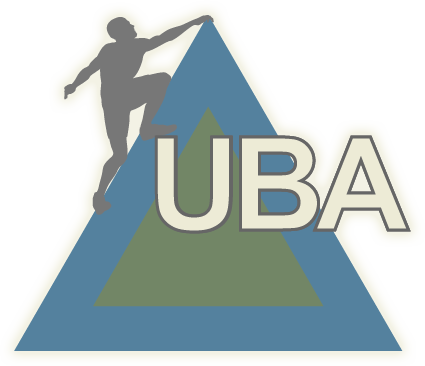Attitudes of the Experts Are the Key to Prescribing Therapeutic Climbing
The International Journal of Environmental Research and Public Health (2021) conducted an exploratory investigation into the attitudes and expectations toward therapeutic climbing (TC) from the perspective of three professional groups.
A a total of thirty (30) professionals were asked about their attitudes and expectations of TC through semi-structured interviews. The professionals included general practitioners; orthopedists; neurologists; psychiatrists; special education teachers; organizational, behavioral and clinical psychologist; and psychotherapists. A total of 47% professionals had a theoretical understanding of TC while 40% had experience with TC through practice.
Overall, 28 of the 30 professionals showed similar positive attitudes toward exercise therapies (not limited to TC) in the form of an accompanying therapy with conventional medical (e.g., medication, surgery) or psychological therapies. Two physicians did not share a positive attitude but agreed that “… all these [exercise] therapies have an advantage compared to pharmaceuticals — they do not harm!”
“Overall, the potential of TC as an additional therapy was generally assessed as positive and useful by the professionals. It is assumed that climbing therapy can have decisive effects on the social, psychological, and physiological areas….”
However, all the professionals agreed that prescribing TC should either come from a physician or specialist such as a doctor, psychotherapist, and physiotherapist — all of whom are considered to be in the expert group.
